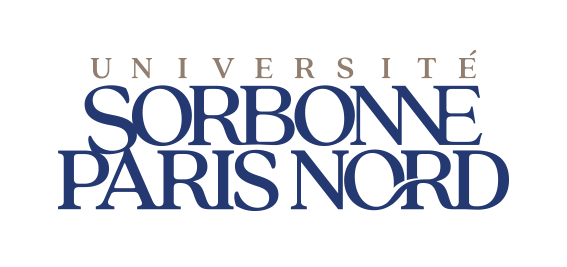For a “macunaimica” pedagogy in brazilian early childhood education
Résumé
This research work aims to present the diversity of the Brazilian early childhood, and to problematize the challenges facing its education in a post colonialist perspective. It approaches issues that involve collective spaces of education at the public sphere, the non-school specificities of education in day care centers and pre schools for children from 0-6 years old and its continuity on the transition processes at the beginning years of mandatory schooling. It discusses these challenges in the context of child education as first step of the Brazilian basic education, articulating distinct theoretical-methodological references in the fields of Social Sciences, Art and Politics, by means of ethnographies that bring to the center the young child, the academic and political commitment of the construction of decolonizing educative practices, and of one emancipatory pedagogy, against all forms of violence, discrimination, and authoritarianism. It honors, therefore, its precursor, the poet Mario de Andrade, now celebrating 80 years from the playground creation in the city of São Paulo and 88 years from the anthropophagic manifest. This work is an invitation for us to decolonize our looks, seeking to revisit our academic thinking, following the trajectory of the Brazilian sociologist Florestan Fernandes, militant, political revolutionary, committed to his historical timeline, interpret of a profound Brasil of popular classes, of the so called “minorities” that are the majority from the looks and commitments that we build before the tortuous ways of public policies and the challenge of research production “with, for and about” young children.
Domaines
Education
Format : Présentation
Origine : Fichiers produits par l'(les) auteur(s)
Origine : Fichiers produits par l'(les) auteur(s)
